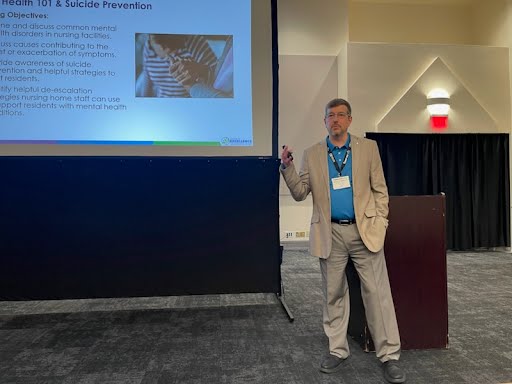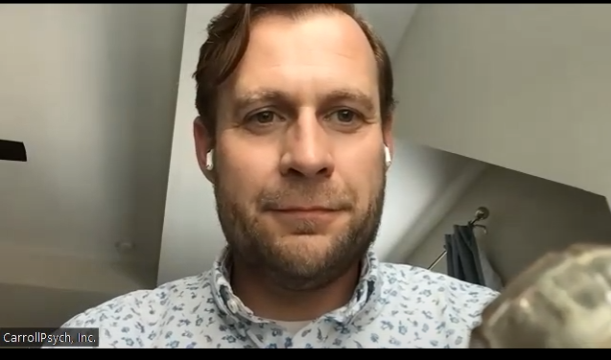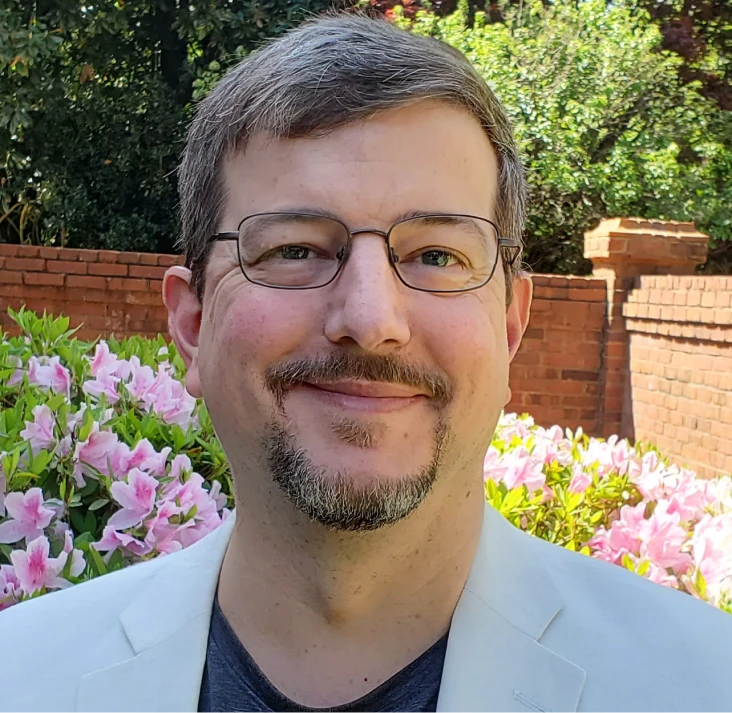A Stanford Research Paper in April 2014 discussed the relationship between workers outputs and hours worked. The results were startling: After around 55 hours, productivity stopped going up; after 70 hours the actual output was about what it was at 55 hours.
This is a hard thing to hear for those of us who equate being busy with being productive. Taking time off from work feels as if we are not being productive. The reality is that without rest and recovery, our actual productivity declines, no matter how busy we are. This is a path to burn out.
In my time as a therapist, I have seen many people with souls of service, who are busy not just at work, but are also taking care of others. They move from person to person tending to their needs and leaving their own needs aside. They are like tow trucks, always picking up others, but never getting their own engines serviced. As a result, depression sets in, or to continue the metaphor, their engines seize.
I am a believer in service and productivity. I work hard and want to take care of others. Both instances I described above are things I must monitor with a mindful eye. If I am not careful, I can find myself exhausting my own energy and running on fumes. Then I am of no help to anyone.
I see leadership as a service to others, which creates a danger zone for me. Their needs of people in my care are important. My wife once told a friend of ours, “Bryan really feels it when he has to fire someone or lay someone off. He knows this is a huge event in their life.” I had not mindfully thought about it, but it is true. When I have been forced into layoffs, I took the stress home, and my wife could see it in me. I paid a price, though not, of course, as profound as the price paid by those we could no longer retain as employees. In that sort of situation science tells us is that the stress of these actions, on both sides, are cumulative.
Self-care is critical to maintaining effective, humane leadership. If we are true servant leaders, then we must take time to get serviced. Otherwise, we will grind our engines into failure. Our ability to accomplish goals will diminish, our capacity to care for others will wilt like a neglected plant. Our hearts will harden, and we will find we no longer have the respect or support of those we lead.
This is not where true leaders wants to find themselves. In my CEO Roundtable we share personal and professional goals. What is telling about this group is that we all have personal goals to spend more time with our families and to set aside additional time to recharge. Indeed, we support each other in our goals: it is a case of positive peer pressure.
I know that there is always something else that needs to get completed. I know to be an excellent leader, the people you lead are your most valuable resource and their interests come first. But it is impossible to fulfill your mission if you do not make the time to care for yourself.
My challenge to every busy professional is to service yourself, to find that work-life balance. Then you can keep on trucking.
Bryan G. Stephens is a former executive on a mission to transform the workplace. He is the founder and CEO of TalkForward, a consulting and training company, utilizing Bryan’s clinical and management expertise to develop managers and teams in a corporate environment. As a licensed therapist with strong understanding of developing human potential, he is dedicated to the development of Human Capital to meet the needs of leaders, managers, and employees in the 21st Century workplace.
Bryan has an Executive MBA from Kennesaw State University, Coles School of Business, and both a Master’s and Bachelor’s degree in Psychology.






